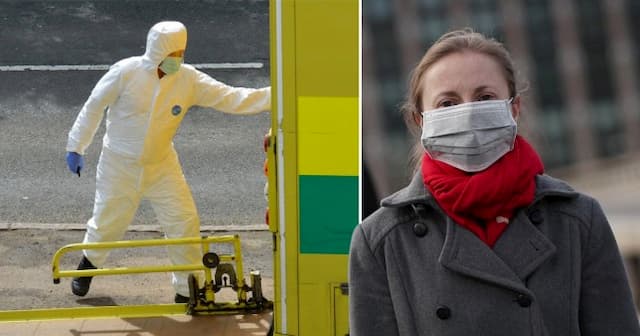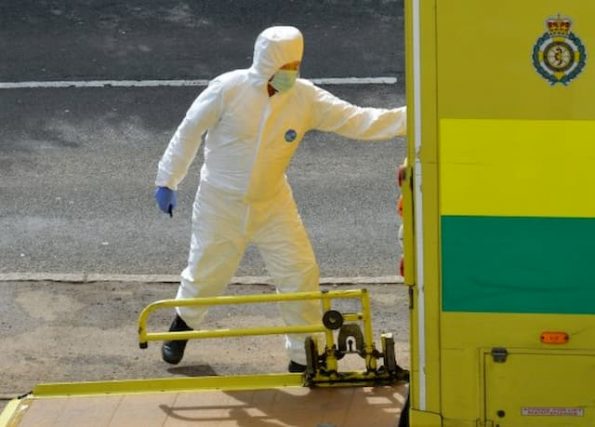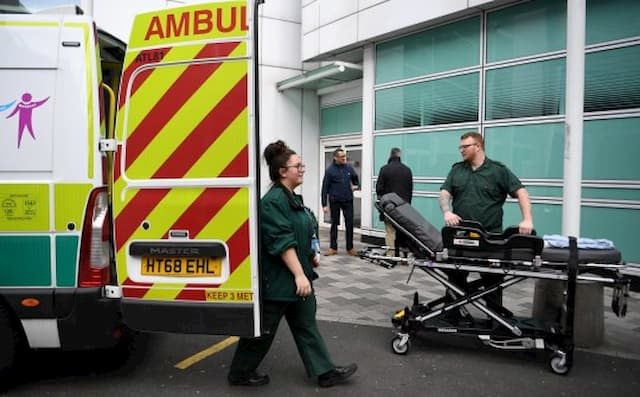Coronavirus in the UK: The Number of Deaths Reaches 177 after another 40 Patients Die

A further 40 people have died after testing positive for coronavirus, bringing the UK death total to 177, NHS England has said.
The numbers of deaths in the UK is rising. In England, 39 more patients died, with the oldest victim aged 99, bringing the country’s total death total to 167. Wales had one further fatality, bringing the death toll to three.
Eighteen of the deaths were recorded in London. The number of confirmed Coronavirus Covid-19 cases across the UK has not yet been updated. As of 9am this morning 3,983 people in the country had tested positive for the airborne virus. Four deaths were recorded at both the Imperial College Healthcare NHS Foundation Trust and the Kings College Hospital NHS Foundation Trust, while three were reported at St George’s University Hospitals NHS Foundation Trust.

It comes as the global coronavirus death toll exceeded 10,000 today, according to Johns Hopkins University, in the US. The university, which has been compiling data since the outbreak first began in December last year, says the number of confirmed Covid-19 cases is also fast approaching 250,000.
The majority of fatalities have been recorded in Italy, with the country surpassing China’s death toll, where the virus first broke out, on Thursday. China has had 3,248 deaths, while Italy has now had 3,405.
Social distancing
Earlier today the UK government released an evidence report which warned that social distancing must continue until ‘at least most of a year’ in order to control the coronavirus pandemic.
Evidence from the Scientific Advisory Group for Emergencies (SAGE), shared by the government on Friday, experts stated that the severity of measures could alternate during this period. However, they said the ‘stricter’ measures would likely need to be enforced for at least half of the year to be effective.

The report reads: ‘It was agreed that the addition of both general social distancing and school closures to case isolation, household isolation and social distancing of vulnerable groups would be likely to control the epidemic when kept in place for a long period.
‘It was agreed that a policy of alternating between periods of more and less strict social distancing measures could plausibly be effective at keeping the number of critical care cases within capacity. ‘These would need to be in place for at least most of a year. Under such as policy, at least half of the year would be spent under the stricter social distancing measures.’
The report also suggests more stringent measures could be enforced in London, where the disease is most prevalent.
Enjoyed this? Get the week’s top France stories
One email every Sunday. Unsubscribe anytime.


